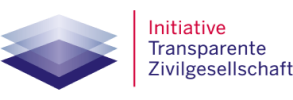Day 23
1 hour of pedagogical care for a refugee child on Lesbos
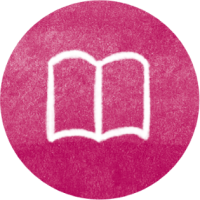 Everyday life and normality outside the refugee camp
Everyday life and normality outside the refugee camp
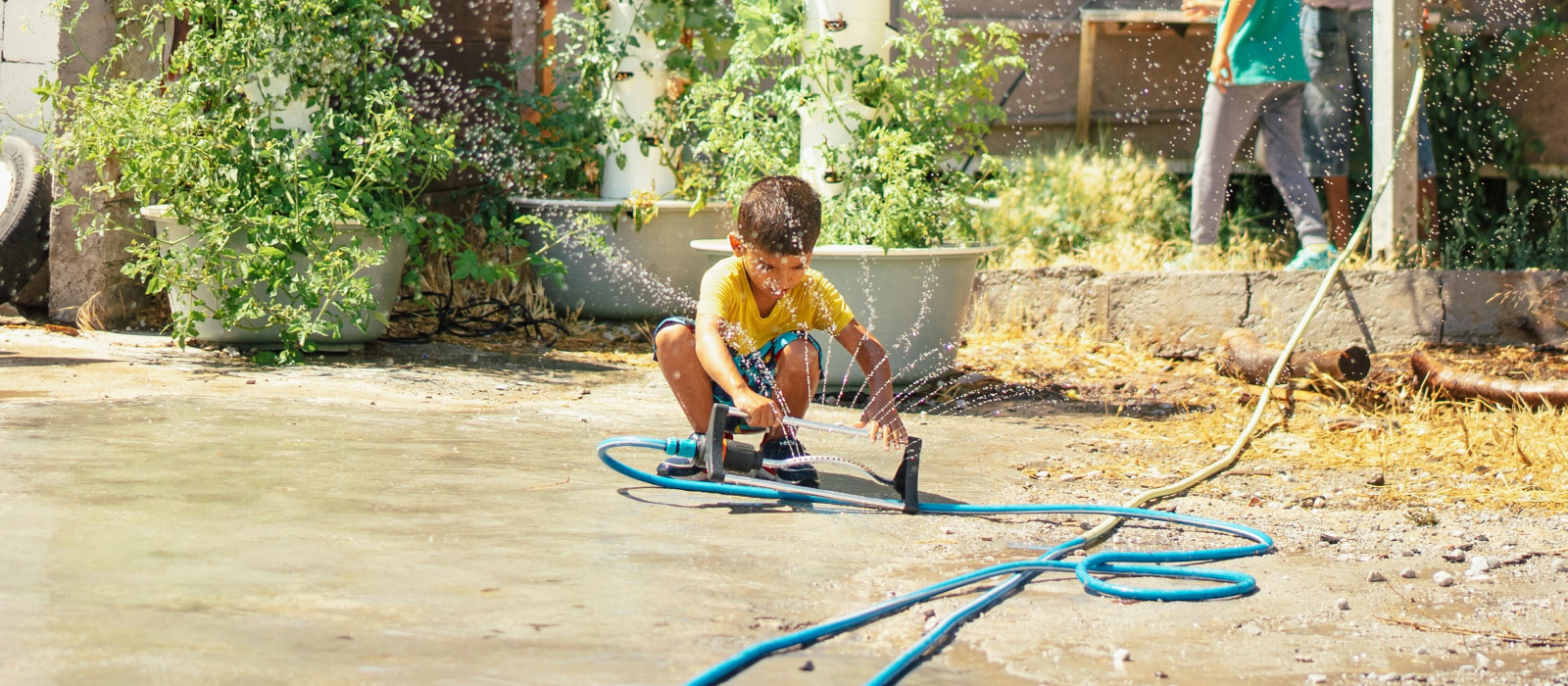
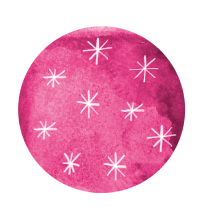
A space where refugee children are heard and seen

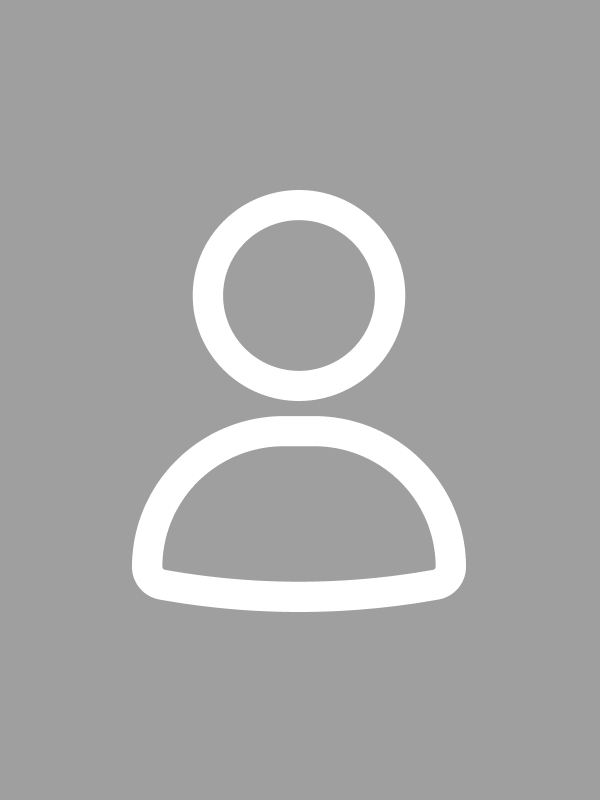
Schauspieler und Musiker Max Alberti über sein Lieblingsprojekt
need
Access to educational care and learning opportunities for refugee children on Lesbos
activity
The Paréa Community Centre offers daily learning opportunities, care and meals outside of the camp for 45 children aged 3 to 12 years
Measurable performance
Number of children who receive a learning opportunity every day and the number of meals distributed to these children through donations
Result
The physical and mental health of children is improved through educational learning and care, which increases the quality of life of the whole family
Systemically relevant impact
Increased trust in educational institutions, promotion of European integration and improved career opportunities for children and their families
background
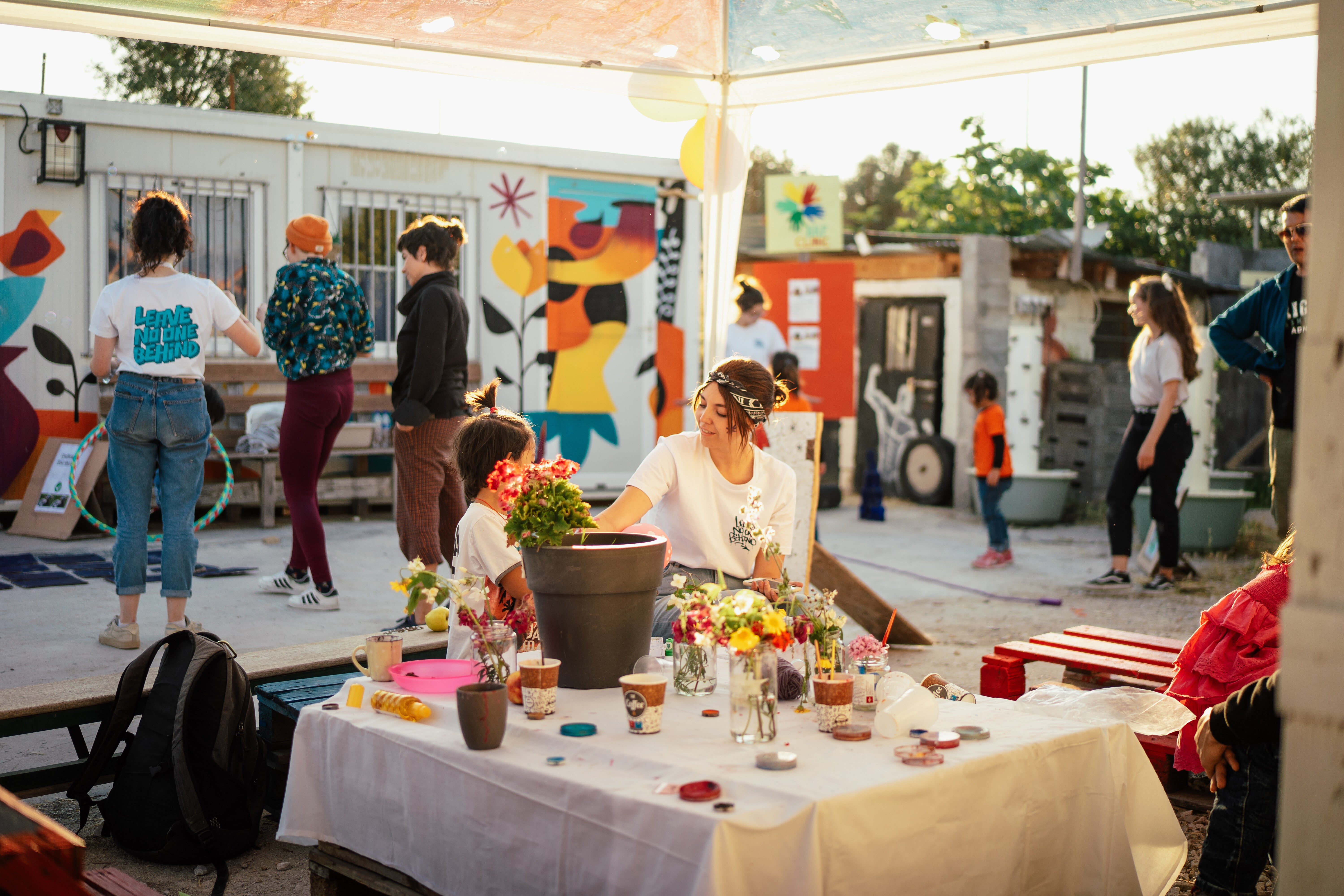
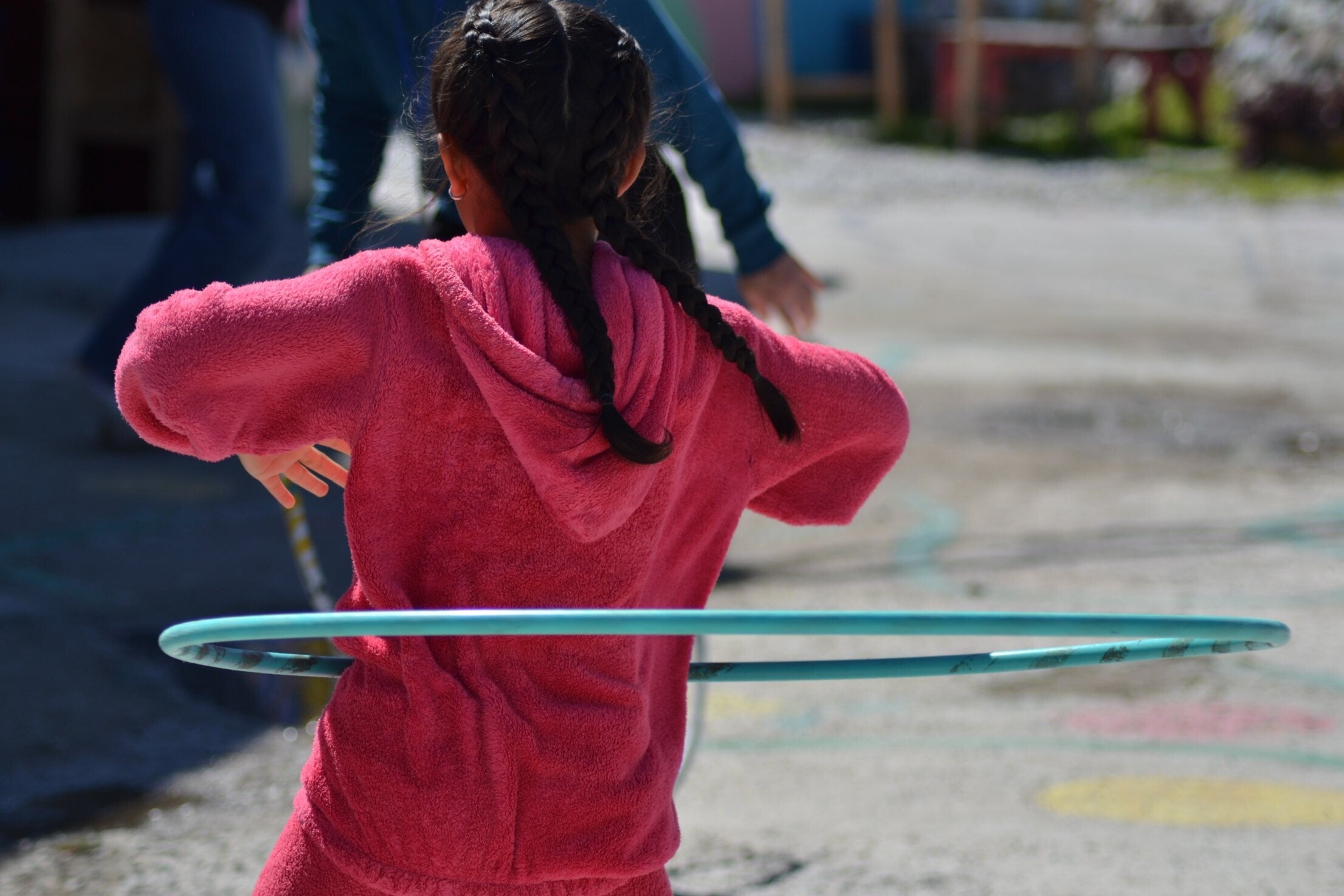
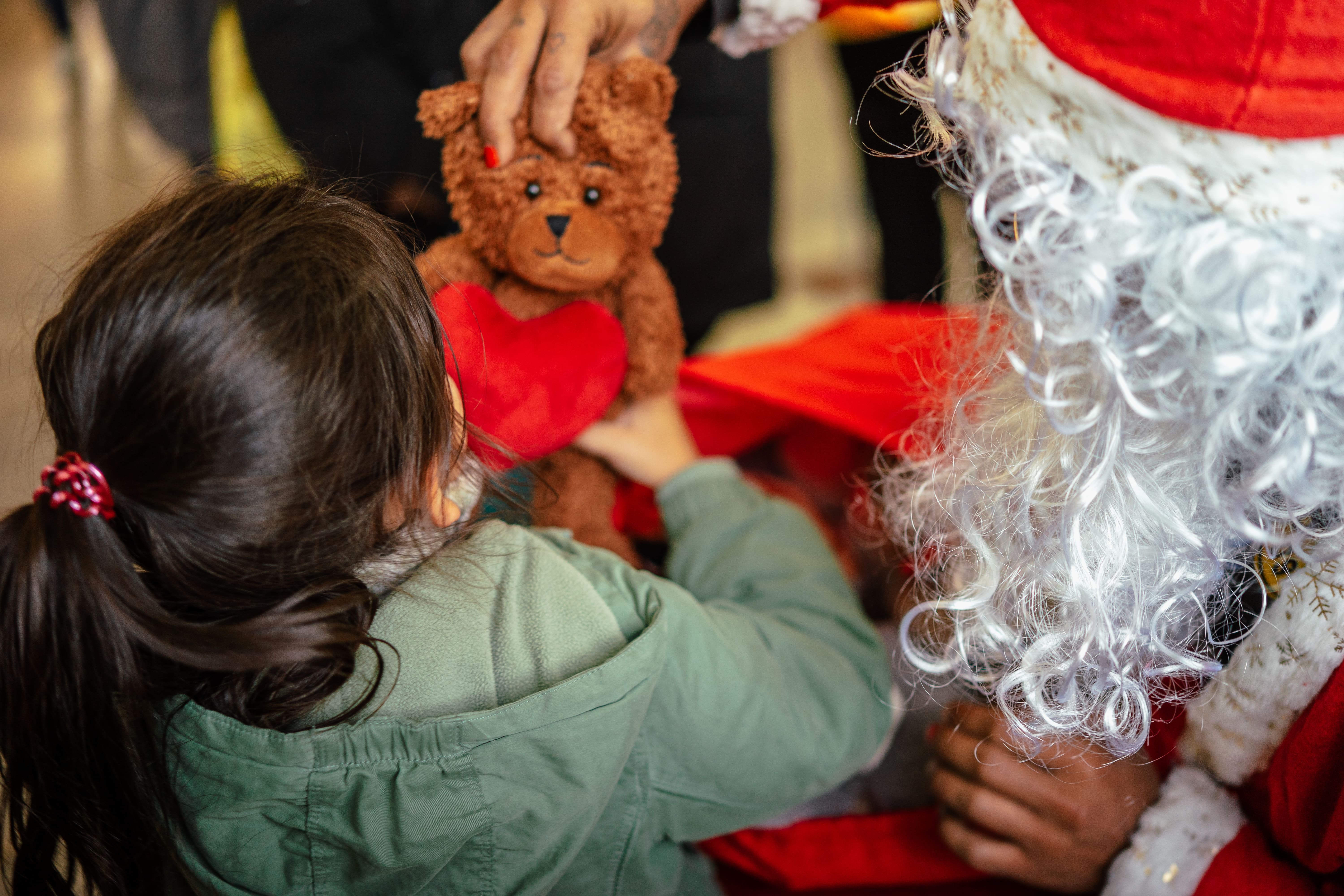
The good deed
About Greece
Athens
Capital city
10,361,295
population
as of 2023
22,990.0
Gross domestic product
per capita per year in USD
as of 2023
0.893
Human Development Index
(Human Development Index)
as of 2023/2024




